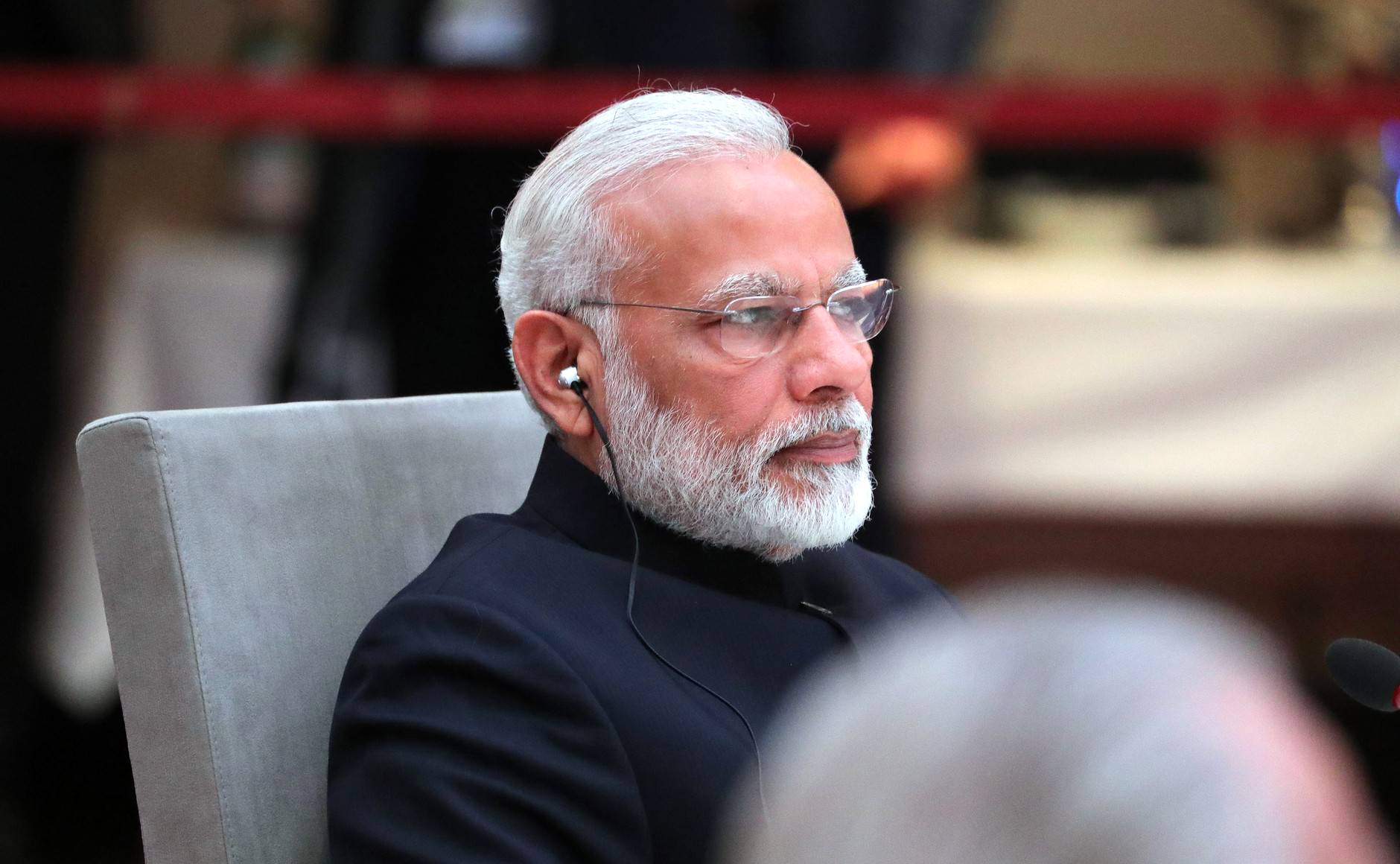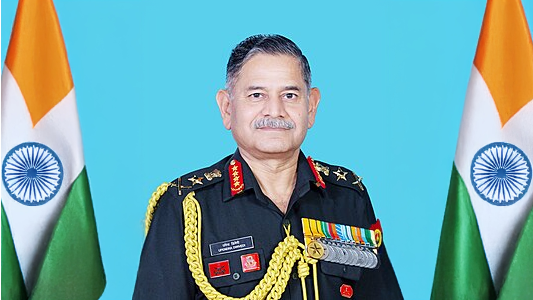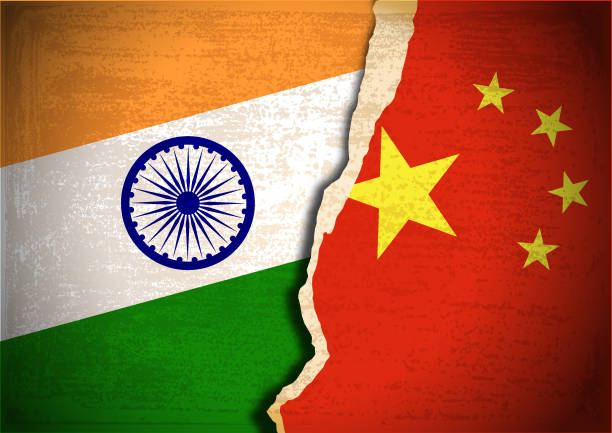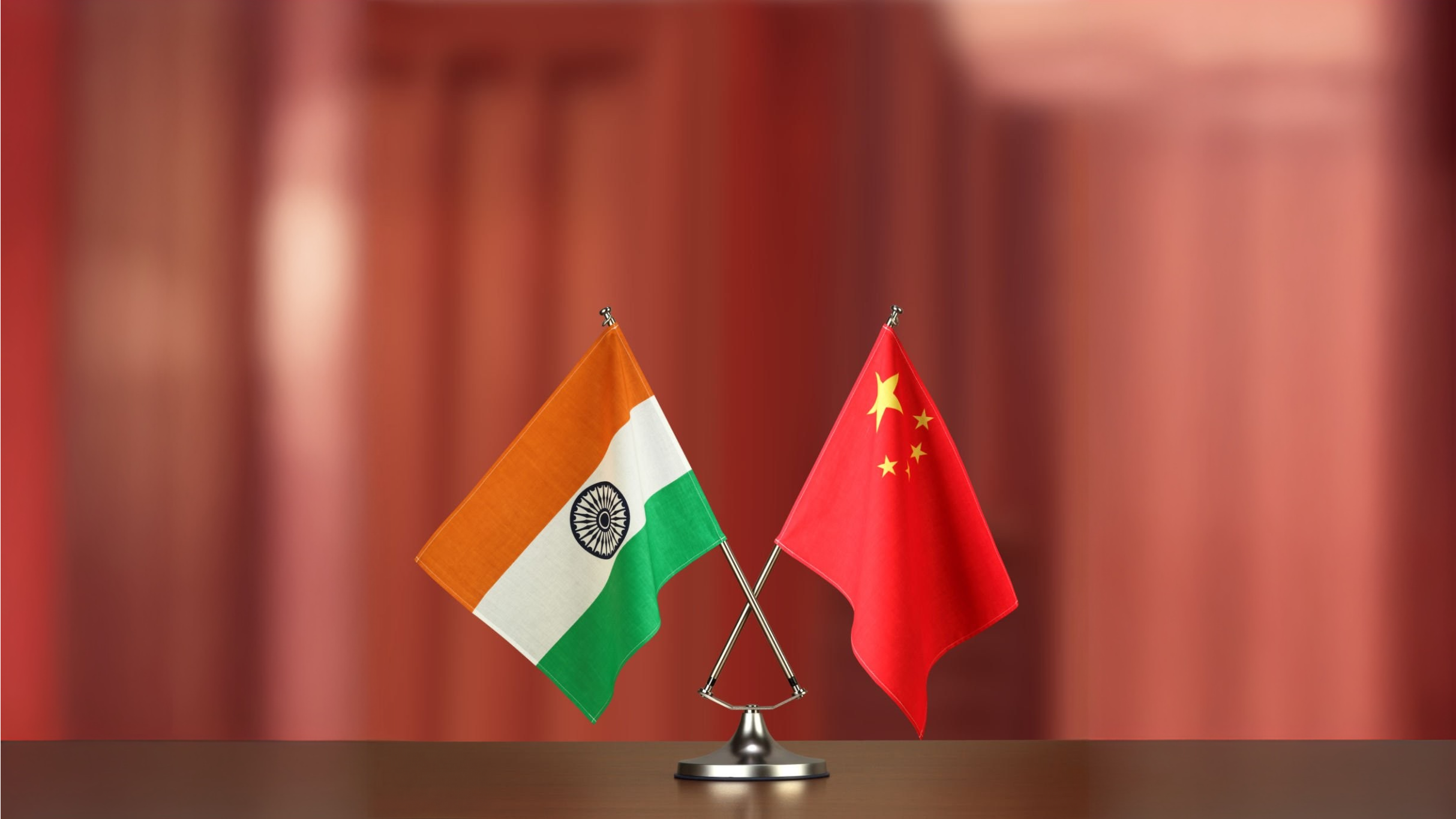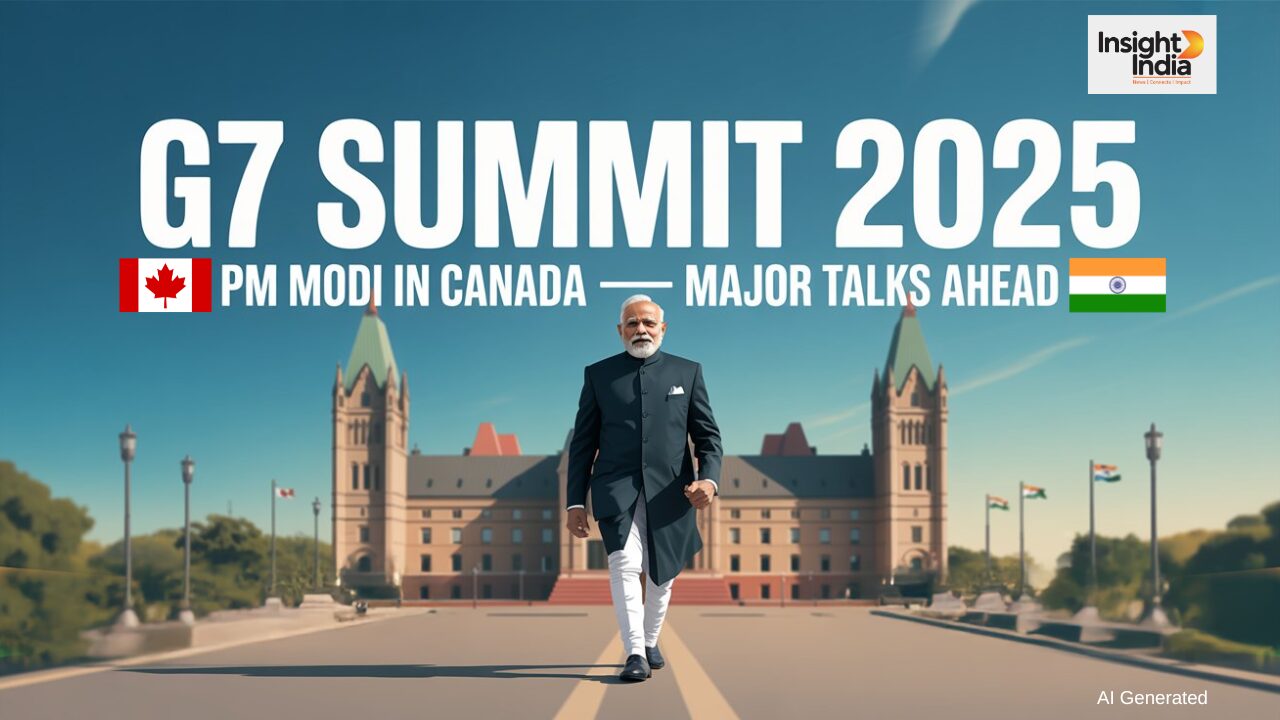S. Jaishankar said India’s rise benefits all its neighbors, but Pakistan blocks its own progress by opposing India due to its military’s policies.
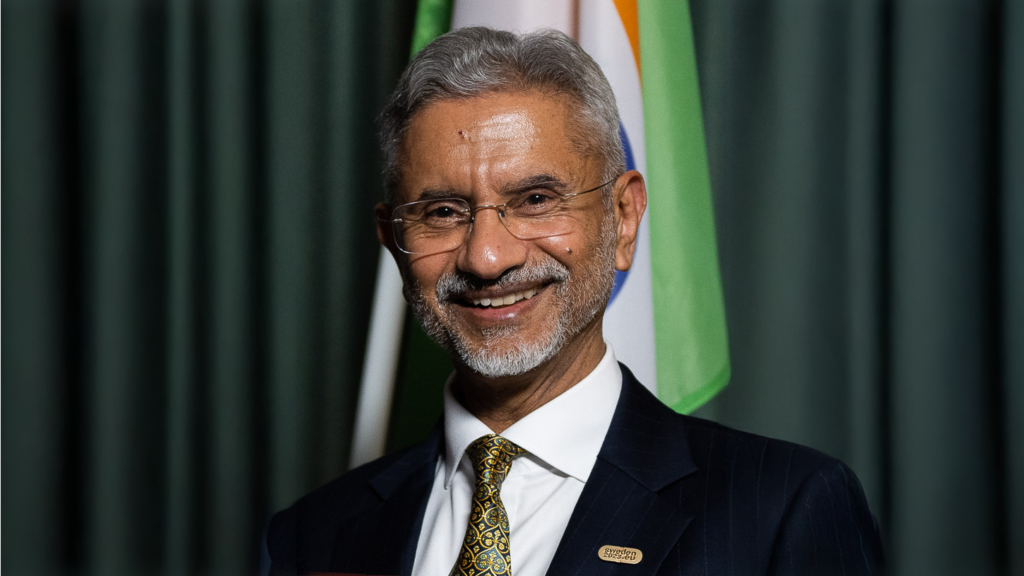
India’s Growth Aids Region, Pakistan’s Army Opposes It: Jaishankar
India’s Foreign Minister S. Jaishankar has highlighted why it is in every neighboring country’s interest to cooperate with India rather than oppose it. Speaking candidly, he said that aligning with India brings shared prosperity, while choosing to distance themselves only leads to setbacks. However, he pointed out that Pakistan stands apart in this regard, primarily because its military holds power and maintains an entrenched anti-India stance.
In a detailed interview with DD India, Jaishankar offered insights into how India manages its diplomatic ties, security concerns, and strategic objectives. He noted that while dealing with neighbors often brings complexities, New Delhi consistently strives to prioritize collective growth, ensuring that relationships survive changes in leadership across the region.
On China and border security
When it comes to China, Jaishankar was firm in stating how India’s approach to border management has fundamentally changed. After the violent Galwan clash, India realized the risks of not investing enough in frontier infrastructure. The minister acknowledged past oversights where India hesitated to build roads or defense posts close to the border, but emphasized that those days are over.
Today, India not only stands watchful at the Line of Actual Control (LAC) but has also significantly ramped up its capacity to respond. This stronger infrastructure and proactive defense readiness mean India can confidently safeguard its territorial interests. Jaishankar suggested that this new stance sends a clear signal to China that India is prepared to protect its sovereignty.
He also pointed to large-scale evacuation efforts like Operation Sindhu and Operation Ganga, which successfully brought thousands of Indians back home from conflict zones, as evidence of India’s growing international influence and responsibility.
5 Key Points from Jaishankar’s Interview
1. On the US
Jaishankar said that the United States’ foreign policy can often be unpredictable, and no country should assume permanent positions from Washington. However, he made it clear that India has managed to nurture a stable and positive relationship with the US despite global shifts, which is vital given America’s geopolitical weight.
2. On Pakistan and terrorism
Turning to Pakistan, Jaishankar spoke about how the 2008 Mumbai attacks were a major turning point for India. That incident reshaped India’s security doctrine, leading to a zero-tolerance policy on terrorism. Under the Modi government, this policy became even sharper, with a clear message that any cross-border terrorism would face a strong response. According to Jaishankar, Pakistan continues to remain isolated because its military establishment drives policies centered on hostility toward India, preventing any real normalization of ties.
3. On Article 370
On the domestic front, Jaishankar said the decision to revoke Article 370 was far more than a constitutional move; it was part of India’s long-term security strategy. Removing the special status of Jammu & Kashmir has helped curb separatist sentiments and cut off avenues for external forces trying to exploit the region’s situation. This, he argued, directly undercuts the agenda of groups that thrive on instability and violence.
4. On China
Reiterating India’s position on the northern borders, Jaishankar pointed out how the government has implemented a policy shift by developing roads, bridges, and forward bases along the LAC. This ensures India no longer relies on reactive diplomacy alone but also has robust on-ground capabilities to deter or respond to any misadventures.
5. On neighboring nations
Jaishankar also highlighted India’s efforts to keep ties warm with countries like Sri Lanka, Maldives, and Nepal. Even when governments change in these nations, India continues to engage constructively, emphasizing mutual economic and strategic interests. This consistent outreach, he suggested, has helped cement India’s role as a stable partner in South Asia, creating an atmosphere where bilateral relations thrive beyond individual political cycles.
By laying out these views, Jaishankar underscored India’s evolution into a nation that not only takes care of its security robustly but also extends its vision to foster cooperation in the neighborhood. His comments send a clear message: India’s rise is an opportunity for the entire region, provided neighbors are willing to embrace partnership over confrontation.
Also Read:
- Pakistan’s Double Game? Condemns US Strike on Iran After Backing Trump for Nobel
- Operation Rising Lion: How Mossad Crushed Iran’s Nuclear Dream
- Israel-Iran War: Top Iranian Nuclear Scientist Abbasi Killed by Israel in Strike
Author

Aditya
Aditya is a dedicated writer at InsightIndia.in, covering the latest news from across India with a focus on results and public updates. With a strong eye for accuracy and clarity, he brings timely information to readers, helping them stay informed about key developments and outcomes that matter.




